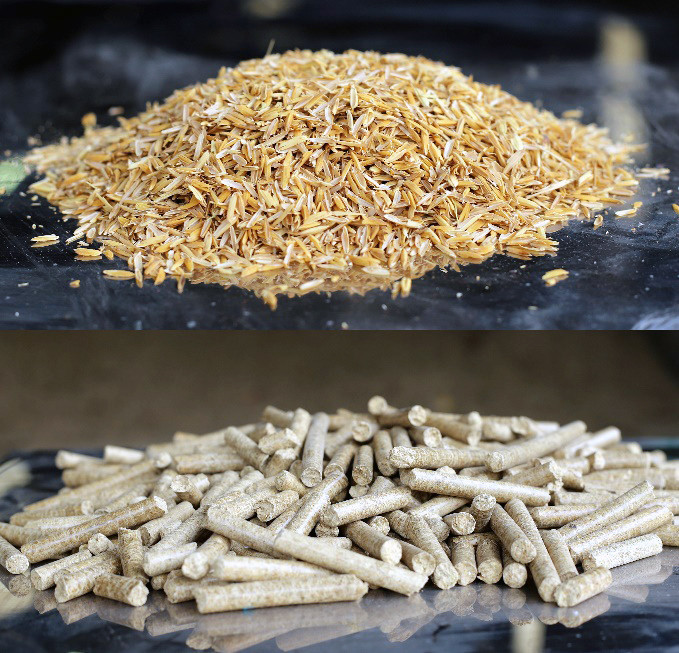
Youngone Corporation recently announced the successful completion of a project to eliminate coal-fired boilers at its textile dyeing factory in Nam Dinh.
By January 15, the company had fully switched from coal to biomass boilers using rice husk pellets, reaffirming its commitment to environmental sustainability and decarbonization.
This initiative aligns with Youngone Corporation’s policy to combat climate change and prioritize carbon emission reductions in its operations. The company aims to cut carbon emissions by 40 percent by 2030.
The coal elimination project kicked off in early 2023. By the fourth quarter of that year, the first biomass boiler had been installed at the factory, followed by other boilers. The project replaced three main boilers at the Nam Dinh factory, including steam boilers and heat transfer oil boilers.
Rae Eun Sung, Vice President of Youngone Corporation, said that by switching to biomass boilers and recycling boiler ash into organic fertilizer, the factory can reduce carbon emissions, reuse waste, and support the local community.
According to Sung, the project is a vital step toward meeting the corporation’s 2030 carbon reduction goals.
The new boilers use rice husk pellets as energy, a renewable biofuel sourced from local farm waste. The company has worked with local rice mills to verify the husk’s origin, ensuring the sustainability and traceability throughout the supply chain.
Switching from coal to biofuel not only eliminates coal’s impact on the environment, but also supports the local agricultural economy by turning waste into valuable energy. The ash is processed and reused to produce organic fertilizer.
Founded in 1974 and headquartered in Seoul, Youngone Corporation specializes in producing outdoor clothing, sportswear, footwear, and bags for leading global brands. It operates factories in Bangladesh, Vietnam, El Salvador, Ethiopia, Uzbekistan and India.
In Vietnam, the amount of straw reaches tens of millions of tons each year. Instead of burning straw or burying it in muddy fields, farmers sell it for VND400,000 per hectare. This helps reduce greenhouse gas emissions, and farmers earn money from selling carbon credits, selling straw, or profiting by using it as raw material for growing mushrooms, feeding livestock, and more.
The annual output of rice husks discarded from the country's milling industry is estimated at 7.5 million tons, but only 3 million tons are currently used for livestock feed, fertilizer production, and as fuel in rural areas.
Nguyen Vu Michael, Director of Boeing Vietnam, said at the Roundtable on Sustainable Biomaterials in mid-2024 that Boeing focuses on supporting research in SAF (Sustainable Aviation Fuel) raw material supply chains in various countries, including Vietnam.
Ngoc Ha